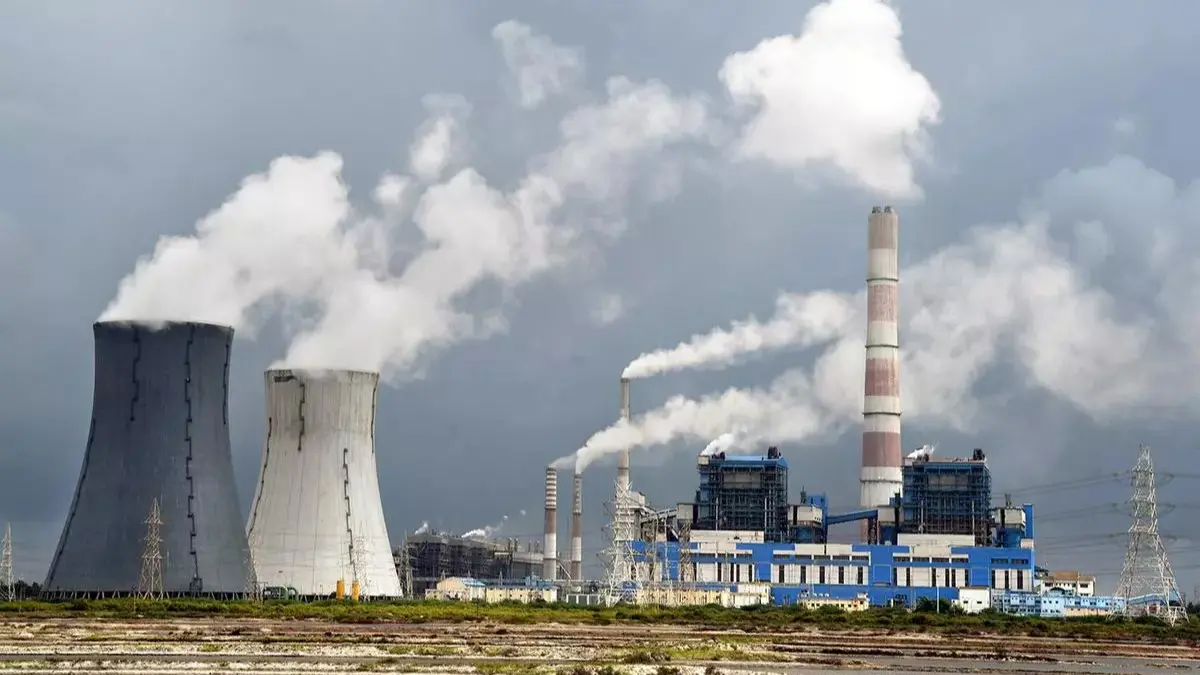Updated 13 July 2024 at 14:47 IST
'Urgent Action Needed': Coal Crisis Triggers Power Shortages in Northern India
Northern India, particularly the states of Punjab and Rajasthan, is facing a critical energy challenge
- India News
- 2 min read

New Delhi: Northern India, particularly the states of Punjab and Rajasthan, is facing a critical energy challenge. Power plants in these regions are grappling with severe coal shortages, leading to operational disruptions and posing a significant threat to the stability of the power supply. This situation is exacerbated by the increasing power demands due to rising temperatures and the ongoing paddy season, necessitating urgent action to regularize coal supplies.
Current Situation
In June, the coal materialization rate, which refers to the actual supply of coal against the contracted quantity, plummeted to a mere 45%. This shortfall has left power plants with coal stocks significantly below the required levels. Some of the thermal power plants in Punjab currently have only four days of coal stock, while plants in Rajasthan are operating with less than five days of reserves. These figures are alarmingly low compared to the Central Electricity Authority's (CEA) mandate of maintaining at least 22 days of coal stock for smooth operations.
Impact on Power Supply
Advertisement
The coal shortage has severe implications for the power supply in northern India. With coal reserves dwindling, power plants are struggling to meet the region's electricity demands, which have surged to over 16,000 MW due to the rising mercury levels and the ongoing paddy season. The situation is particularly dire in Punjab, where the demand for power is high to support agricultural activities. Without adequate coal supplies, power plants risk operational shutdowns, leading to widespread power outages and disruptions in essential services.
Causes of the Shortage
Advertisement
Several factors have contributed to the current coal crisis. Firstly, logistical challenges in coal transportation have hindered the timely delivery of coal to power plants. Additionally, there has been an overall increase in coal demand across the country, putting further strain on the supply chain. Moreover, domestic coal production has faced setbacks due to various reasons, including regulatory and environmental constraints, impacting the availability of coal for thermal power plants.
Government Response and Actions Needed
The government has acknowledged the severity of the coal shortage and is taking steps to address the issue. Measures are being implemented to improve coal transportation logistics, such as increasing the number of coal rakes and ensuring timely dispatches from coal mines. Additionally, efforts are being made to enhance domestic coal production by streamlining regulatory processes and expediting approvals for new mining projects.
(With PTI inputs)
Published By : Manisha Roy
Published On: 13 July 2024 at 14:47 IST
